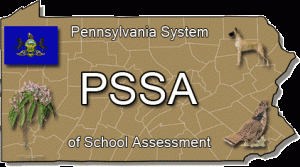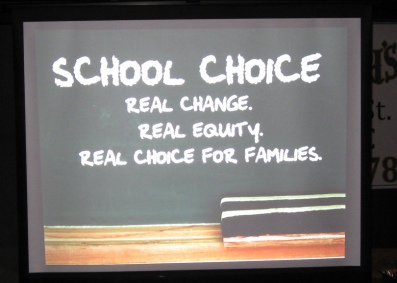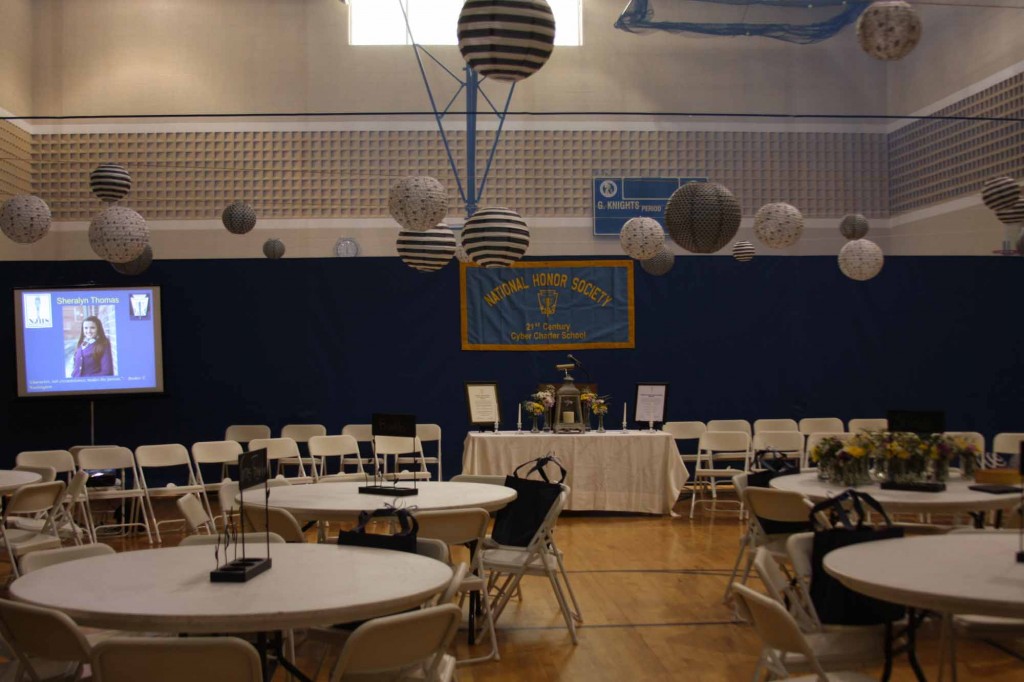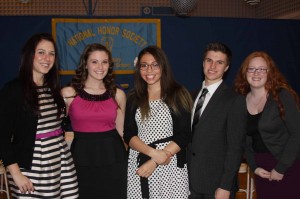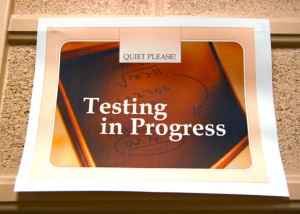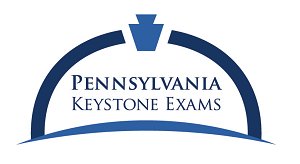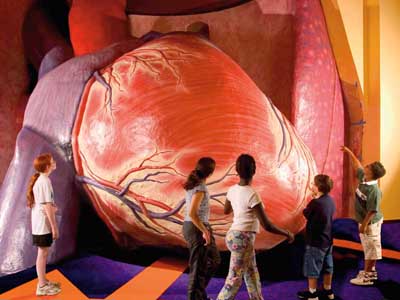For spring break this year, I decided to visit my alma mater. Since graduation was more than a few years ago, I felt ridiculously old walking around the old buildings where I once studied as a twenty-something and younger. While it was really fun to reminisce about the good old days, I got a chance to see something else special that I wanted to share with our seniors who are preparing to enter a college or university this coming fall. There was something more to college that I couldn’t quite put my finger on until now.
While on campus, I decided to attend a student-run event called “Homebrew.” It features student musicians, who play a set of about 45 minutes or so. I would venture to guess that around 150-175 students gathered that night (last Thursday) around the modest stage space to cheer on his/her classmates. The atmosphere was incredible. The crowd shifted throughout the night, welcoming newcomers, waving out folks with other places to be. Students brought homemade signs on neon tag paper with catchy phrases and accolades for their friends. One poster read, “I mean, I guess you sound ok #Sarcasm!” Screams and yelps cheered performers on as they hit beautiful high notes, masterfully strung guitar chords, or forgot lyrics. Encouragement was offered, regardless of the performance itself. Before a new performer got onto the stage, a circle of friends waited alongside the stage, offering hugs, smiles, waves, and joyful hoots. Everyone simply seemed happy to be there.
Between songs, performers also shared news about upcoming events across campus. “Don’t miss the baseball game tomorrow!” “New show at the Art Museum!” It was such a great out pour of community support. But somehow, it went beyond that. The encouragement was mind blowing. The acceptance, enthusiasm, and overall joyfulness permeating the room made me feel young again. And that’s when I realized that THIS is what I loved so much about college. The willingness, the acceptance, and the freedom from discouragement.
The students performing were welcomed by a crowd that was just dying to hear them. And I wondered what creates that sense of community. When students live together in a dorm, they have an opportunity to spend more time getting to know one another. They live and breathe together, often sharing many meals, and, in the case of a musician, hearing their friends practice for hours on end. As students in the same community, they become intertwined in one anothers’ lives. And wanting to support each other becomes a more natural happening.
This got me to thinking. Do we really get to know one another nearly as well as we do when we’re in college? Because when we stop experiencing that kind of closeness, the unconditional support and encouragement becomes much more difficult to come by.
Now, I’m not saying we all need to live on a socialist commune. That is not the idea at all. I love my home. I love having graduated and become a “grown-up.” But, perhaps there is something we can all take away from the community of a college campus. In the super fast, high-speed lifestyles that often follow the college years, how can we find a way to harness that incredible feeling of community support? One way to do that is to start the pattern early. Like, say, while in high school.
One of the things I hear all the time about our cyber school is that students and teachers feel very close to one another. There is something about your cyber presence that is very different from what is created in a brick-and-mortar environment. We get to know one another. We learn about each others’ passions and dreams. Teachers don’t just learn “what you want to be when you grow up.” They find students’ strengths and help hone them by modifying assignments that speak to students. Then, students utilize different forms of media to explore and show their passions and creative abilities to others. The social media explosion, especially, has made sharing information easy, fast, and much more common.
So, what is the moral of the story? What am I getting at here? I encourage students to take what they’ve learned here at 21CCCS, and let it carry with them into college and anything else they pursue thereafter. Support, engagement, and enthusiasm for your community can go a long way. It may make one brave performer a little more at ease for his first night on the stage. And it will definitely unite you with a larger body of people and make you feel at home.


